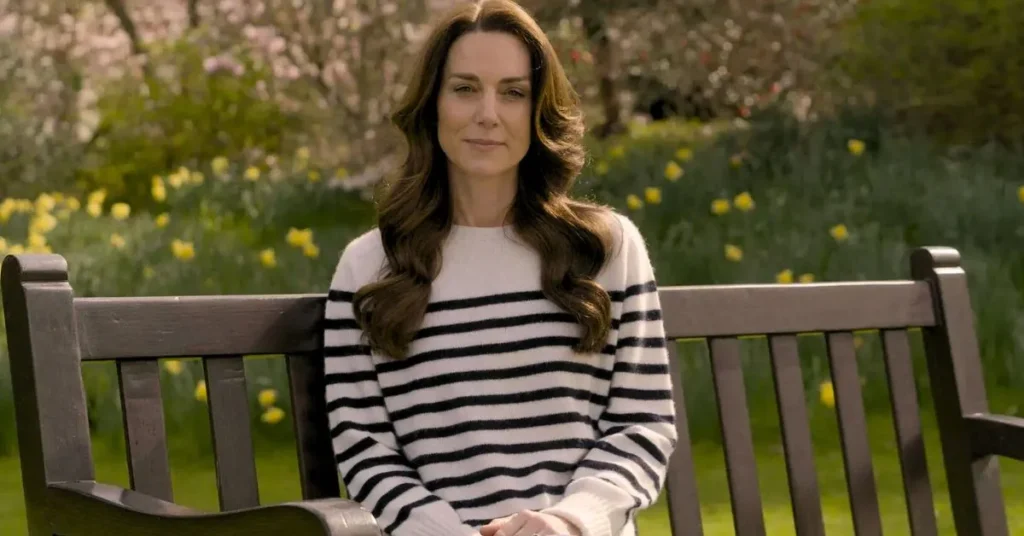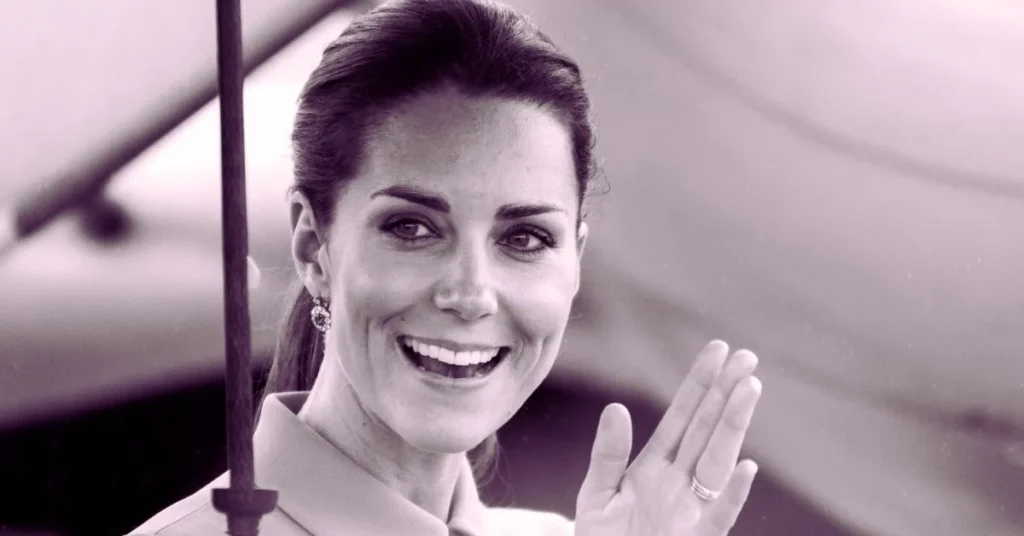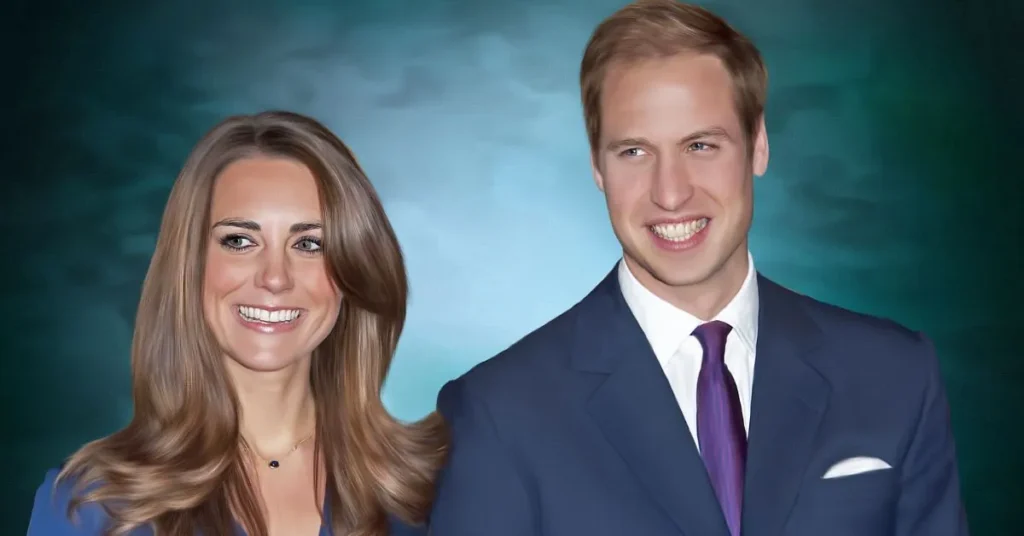The Princess of Wales, aged 42, spoke openly about her health following her planned abdominal surgery in January.
This situation echoes recent events involving Kate Middleton news. In the wake of her statement on Friday, many are left wondering, “Does Kate Middleton have cancer?” It’s a delicate topic, especially when facing the scrutiny and speculation of millions of people. So, how does one navigate this situation with grace and composure?
Kate Middleton Reveals Cancer Diagnosis
Breaking bad news is never easy, but some ways are tougher than others. Some people avoid it altogether, either out of fear or misplaced bravery. It’s widely acknowledged that one of the hardest things is telling loved ones about difficult situations.
Table of Contents
But imagine something even more challenging: having to share your troubles with millions of strangers. These could be people who are curious, sympathetic, or even cruel, none of whom you’ve ever met personally. They all seem to think they know you inside out. How do you even start sharing such news without falling apart?

- On Friday, March 22, Kate Middleton shared that she had been diagnosed with cancer and was undergoing “preventive chemotherapy.”
- The Princess of Wales disclosed that the cancer was found after her abdominal surgery in January.
- Catherine Princess of Wales explained that she and Prince William had taken time to discuss her health with their three children. She also announced she would be stepping back from work to prioritize her health and recovery.
- Many, including her brother-in-law Prince William and his wife Meghan Markle, rushed to send words of support, wishing her “health and healing.”
- Princess Catherine’s revelation marks her as the third member of the royal family to publicly disclose a recent cancer diagnosis, following King Charles and Sarah, Duchess of York, who had previously shared their diagnoses.
Read More: intermittent fasting and heart attacks: 91% higher risk of death
In a filmed statement outdoors, Catherine Princess of Wales sat calmly on a bench amidst uncertain sunshine. She disclosed to the camera that following abdominal surgery in January, she was now undergoing “preventative chemotherapy” for an unspecified cancer.
“I am well and getting stronger every day,” she asserted boldly, even as viewers scrutinized her appearance. Behind her, a host of golden daffodils symbolized British springtime, serving as a natural backdrop to her closing plea. She asked her fellow sufferers not to lose faith or hope.
The Princess of Wales‘s revelations were remarkable for their lack of royal formality. She didn’t use any titles, referring to her husband simply as “William” and to their “young family.” There was no mention of King Charles, who is also undergoing cancer treatment. The statement aimed to establish a connection between Kate and any other parent facing a similar life-altering challenge.

Whether this connection was instinctual or intentional is beside the point; some public figures possess a natural talent for empathy, while others do not. Kate seems to have it, reminiscent of Ronald Reagan, whose 1994 letter began, “I have recently been told that I am one of the millions of Americans who will be afflicted with Alzheimer’s Disease.” The message conveyed that while the situation is personal, it extends beyond the individual.
We’ve made significant progress since 1951, when not only the British public but even King George VI himself reportedly remained uninformed about his lung cancer. However, to suggest that the relationship between the British Royal Family and the wider world is now marked by transparency and honesty would be a stretch. If anything, we’ve exchanged one form of obscurity for another: the old cloud of ignorance has been replaced by a swirling fog of misinformation and speculation.
When Kate was hospitalized in January, those offering sympathetic well-wishes with “That sounds wretched. Get well soon,” demonstrated their naïveté. The collective response, particularly in the print media and online, took on a more voracious tone, hinting at a sentiment of “What aren’t we being told? Beware: if you withhold the truth, we’ll fill in the gaps ourselves.”
The demand for transparency was intensified by a failed attempt to meet it on March 10th—Mother’s Day in Britain—with a seemingly innocuous photograph of Kate and her three children. However, it was soon revealed that the image had been edited, sparking intense scrutiny of every pixel for signs of manipulation and deceit. This discrepancy between reality and fabrication created a vacuum, into which wild theories quickly rushed.
Even a simple outing by William and Kate to a farm store in Windsor was not spared. Footage of the visit was dissected and analyzed on social media, with some even suggesting the presence of doppelgängers. Amidst the frenzy, perhaps the most rational response came from the front page of Britain’s Daily Star, which ran the headline: “World Goes Mad After Woman Goes Shopping.” Suddenly, the seemingly simpler times of George VI felt like a sanctuary: rigid, perhaps, but secure.

Could it be that Kate, William, and their advisors decided it was time for her to issue the recent statement? Perhaps they reached a point where they said, “Enough is enough.” And who could blame them? Despite efforts to shield their children from the storm, it’s undoubtedly difficult for them to grapple with the fact that their mother is at the center of global gossip.
They must contend with the absurd notion, propagated by relentless memes, that someone else is playing the role of their mother. Spare a thought for William as well: the future king, navigating his royal duties while both his wife and father undergo cancer treatment.
It seems the only remedy for such madness was to show the Princess of Wales alive and well, or as well as can be expected given her ordeal. Whether this approach, coupled with a calm plea for decency, will put an end to the rumors and shame the malicious is uncertain. But one thing is clear: feeding the beast only makes it hungrier for more.
What kind of cancer does Kate Middleton have?
Kate Middleton did not specify the type of cancer or its stage in her recent video statement. However, experts note that the scenario she described—discovering cancer during another procedure, such as “major abdominal surgery”—is unfortunately a common occurrence.